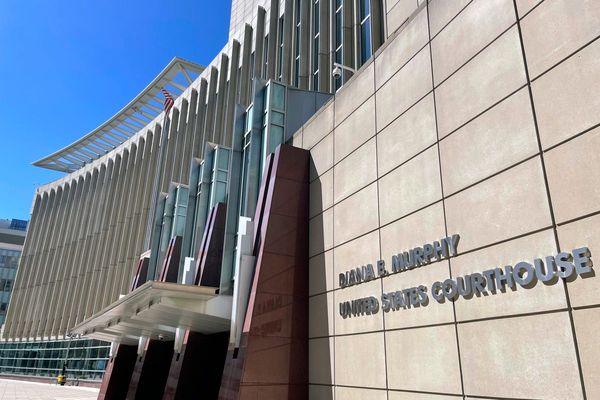Martin Lewis has reacted to the 'mini-budget' from Chancellor Kwasi Kwarteng which has seen tax cuts and more borrowing. In a statement on the economy to the Commons, Mr Kwarteng said he would cut the basic rate of income tax to 19p in April 2023, abolish the top 45% rate of income tax, cut stamp duty, and axe planned rises in alcohol duties.
Writing on twitter, consumer champion Mr Lewis said: "That really was quite a staggering statement from a Conservative party government. Huge new borrowing at the same time as cutting taxes."
"It's all aimed at growing the economy. I really hope it works. I really worry what happens if it doesn't," the Mirror reports.
Mr Kwarteng abolished the top rate of income tax for the highest earners as he spent tens of billions of pounds in a “gamble” to drive up growth during a cost-of-living crisis. In the so-called mini-budget axing the cap on bankers’ bonuses and adding restrictions to the welfare system, he argued that tax cuts are “central to solving the riddle of growth”.
Treasury estimates put the raft of cuts, including Liz Truss’s promises to reverse the national insurance rise and axe the hike to corporation tax, as costing nearly £45 billion a year in 2026. From April, the 629,000 earners getting more than £150,000 a year will no longer pay the top income tax rate of 45% and will instead pay the 40% applicable to those on over £50,271.
And he brought forward the planned cut to the basic rate of income tax to 19p in the pound a year early to April. Mr Kwarteng also revealed his estimate that the two-year energy bills bailout will cost around £60 billion over the first six months from October.
The major spending package also included:
- A cut to stamp duty, meaning 200,000 less people will pay the tax on house purchases.
- The introduce of VAT-free shopping for overseas visitors.
- Legislation to force trade unions to put pay offers to a member vote so strikes can only be called once negotiations have fully broken down.
- Confirmation of plans to make around 120,000 more people on Universal Credit take active steps to seek more and better paid work, or face having their benefits reduced.
The package enacting Liz Truss’s tax-cutting promises including reversing the national insurance rise and axing the hike to corporation tax came a day after the Bank of England warned the UK may already be in a recession. The Bank also lifted interest rates to 2.25% – the highest level for 14 years.
Mr Kwarteng said his economic vision would “turn the vicious cycle of stagnation into a virtuous cycle of growth”.
But shadow chancellor Rachel Reeves said the strategy amounts to an “admission of 12 years of economic failure” under successive Conservative governments. The Labour MP described the Prime Minister and Mr Kwarteng as “two desperate gamblers in a casino chasing a losing run”.
By terming it a “fiscal event” rather than a full budget, Mr Kwarteng avoided the immediate scrutiny and forecasts of the Office for Budget Responsibility.
Ms Reeves said: “Never has a government spent so much and explained so little.”







